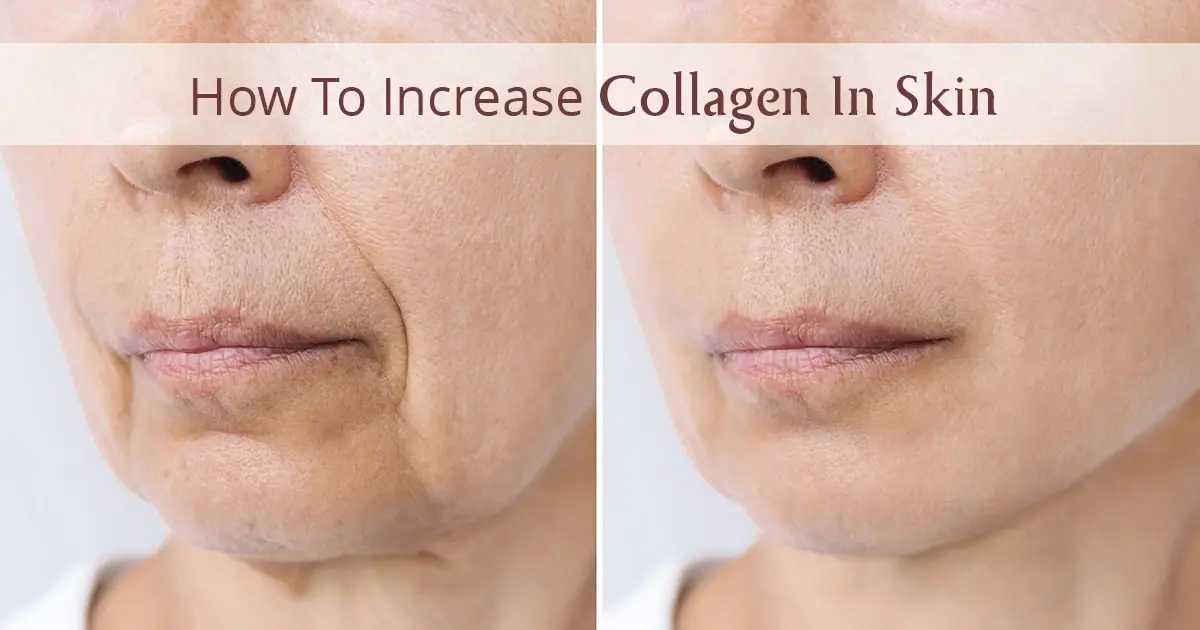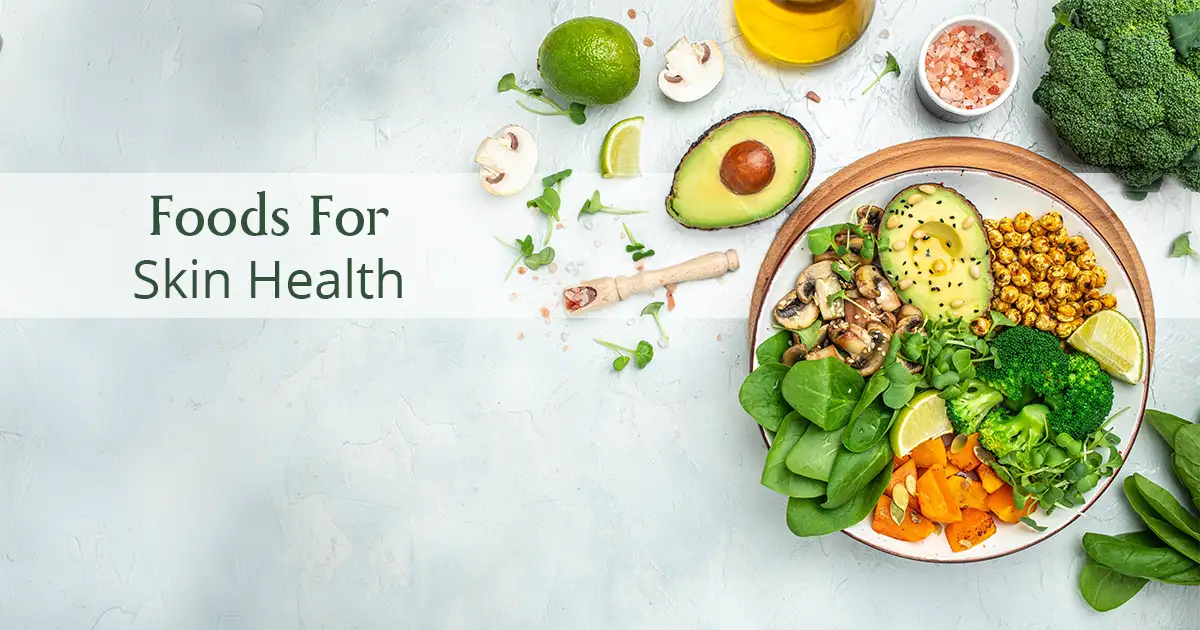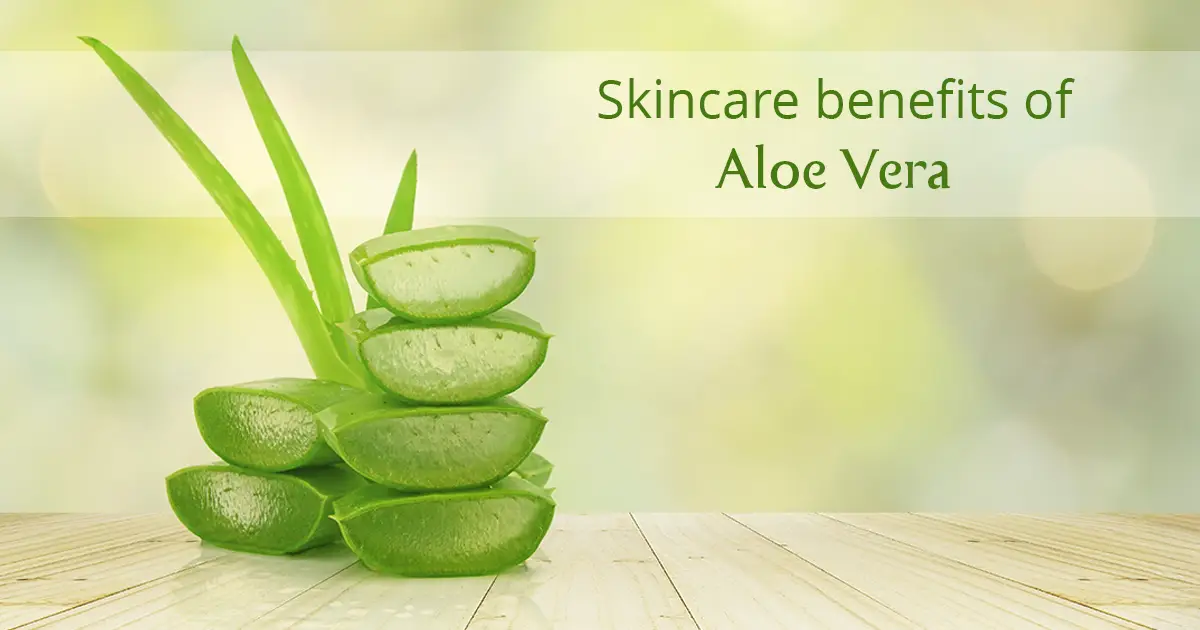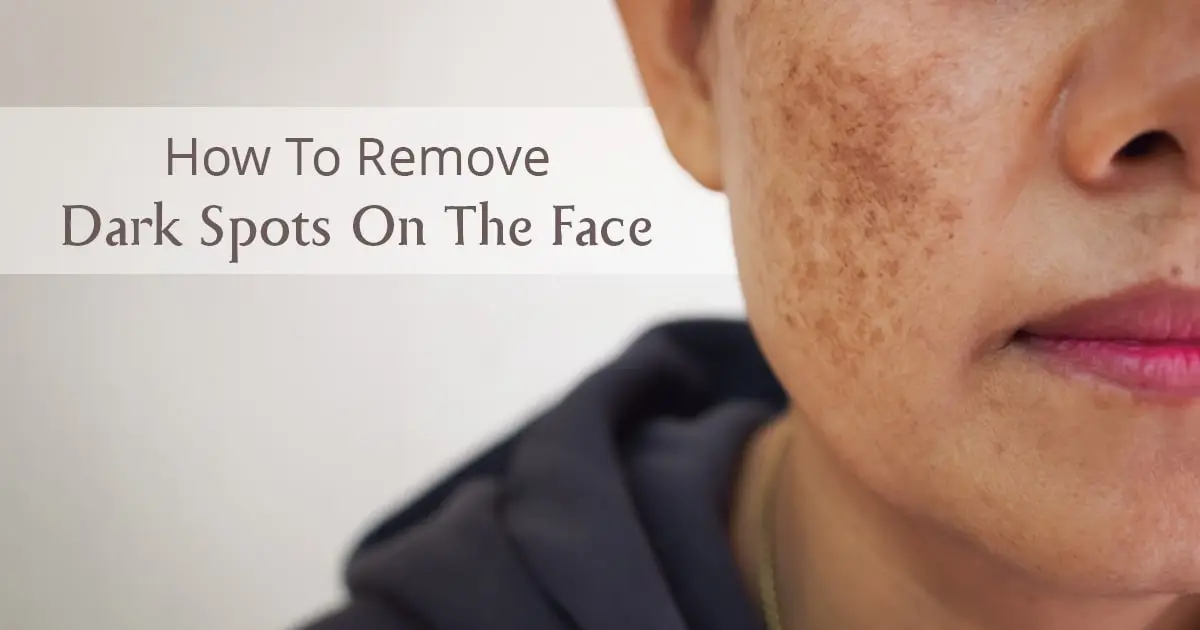
Fine lines, wrinkles and saggy skin—these are the first signs of ageing you notice. As you grow old, your skin starts to lose collagen—a protein that provides structural support to your skin. And this loss makes your skin lose its natural elasticity and develop wrinkles. So how is collagen produced? And are there ways to boost its production in your body? Moreover, do collagen supplements work up to the hype?
In this blog, we’ll answer all these questions in detail. And we’ll also give you several tips on how to increase collagen in your skin. So keep reading!
What Is Collagen?
Collagen is the most abundant protein found in the human body. It makes up about 30% of all bodily proteins. Collagen forms the structural component of many body parts like your skin, muscles, bones, tendons, ligaments, and other connective tissues. It’s also present in other organs and tissues. The main role of collagen is to keep these body parts sturdy.
Understanding Its Structure
Collagen being a protein is mainly made up of three amino acids—proline, glycine and hydroxyproline—held together in a triple helix structure (as shown in the picture). To form this triple helix, your body needs many vitamins and minerals such as vitamin C, zinc, copper and manganese.
Factors Leading To Collagen Loss
As your body ages, collagen production gradually drops and its well-organised structure starts to lose its integrity. Moreover, certain factors speed up the drop in collagen production such as:
1. Excessive Sun Exposure: Prolonged sun exposure can cause many unwanted skin changes such as wrinkle formation and skin sagging. That’s because exposure to the sun’s UV rays can not just degrade collagen but also cause abnormal collagen production.
2. Smoking: Smoking is another culprit that slows down collagen production in the skin, eventually leading to wrinkles & skin sagging.
3. Excess Alcohol: Alcohol weakens the collagen structure by disrupting the synthesis of amino acids.
4. Lack Of Sleep & Exercise: A good night's sleep is essential for a healthy immune system which in turn affects collagen production. So not getting enough sleep may disrupt collagen production & adversely affect your skin. Similarly, exercise is important for boosting the skin’s collagen so not getting enough of it may be an open invitation to wrinkles.
5. Consuming Too Many Refined Carbs & Sugar: Sugar molecules can damage proteins and make collagen weak, dry and susceptible to breakage.
6. Medical Conditions:
Collagen production also takes a major dip in women once they hit menopause. Additionally, certain diseases also damage the collagen in the human body:
- Rheumatoid Arthritis (inflammation of the joints)
- Lupus (autoimmune disease)
- Dermatomyositis (muscle weakness & rash)
- Scleroderma (hardening of the organs)
- Ehlers-Danlos Syndrome (inherited connective tissue disorder)
- Osteogenesis Imperfecta (brittle bone disease)
What Does Collagen Do For The Skin?
Collagen is the major building block of your skin that gives it structure, strength and elasticity. Additionally, it’s essential for cell renewal and replacing dead skin cells.
Are Collagen Supplements Effective?
There’s a lot of hype around oral collagen supplements. The market is filled with all kinds of collagen capsules, powders and liquids promising to help boost collagen production. But the truth is, there is still more research needed to confirm these claims. Also, experts argue that since most of these supplements are broken down by stomach acids, they possibly lose their effectiveness.
6 Tips To Increase Collagen In The Skin
Aging along with a few other factors leads to collagen loss. But here are a few ways that can help you boost the collagen production in your body & skin:
1. Protein & Zinc Rich Foods
High-protein foods such as fish, poultry, meat, eggs, dairy, legumes, and soy are rich in amino acids that make up collagen. So consuming these foods can help boost collagen production. As collagen production also requires zinc, eating zinc-rich foods like shellfish, legumes, meats, nuts, seeds, and whole grains is also recommended.
2. Hyaluronic Acid
Hyaluronic acid is a very popular ingredient among skincare enthusiasts—mostly due to its intense moisturising properties. But studies have also shown that it can boost collagen production in your skin, making it more plump and youthful.
3. Vitamin C
As mentioned earlier, Vitamin C is crucial for the synthesis of collagen. That’s why supplementation with Vitamin C can improve the stability of collagen and boost its production inside your body. So including foods rich in Vitamin C such as citrus fruits, can surely be a good way to boost your collagen and improve your skin.
4. Aloe Vera Gel
One of the many benefits of Aloe Vera is its role in boosting collagen production. Studies have found that oral supplementation of Aloe Vera gel significantly reduces wrinkle formation and reduces the expression of genes responsible for collagen degradation.
5. Light Therapy
While there is little research so far on the topic, red light therapy has emerged as a promising treatment option to boost collagen production. It uses low levels of Red light waves to enhance your skin health.
6. Sun Protection
As sun is a major culprit behind your wrinkles and ageing skin, sun protection can go a long way in improving your skin health and boosting its collagen. So remember to wear a hat, gloves or scarf to cover your face when stepping out. And use proper sunscreen to shield your face against the damaging rays.
Final Note
We hope this blog cleared away your misconceptions about collagen and answered the most important question—how to increase collagen in skin. While it's true that collagen production decreases with age, there are certain lifestyle habits that speed up the process. So if you follow a healthy lifestyle and make use of the tips we mentioned above, there’s a good chance that you can slow down your skin’s ageing process. The right diet and supplements can naturally boost collagen production, helping you maintain that youthful look.
FAQs
1. How To Boost Collagen Production Naturally?
Eating a high-protein, Zinc & Vitamin C-rich diet and supplementing with Hyaluronic Acid or Aloe Vera gel are a few of the scientifically proven ways to boost collagen production naturally.
2. Do Collagen Supplements Actually Work?
There is more research needed to clearly prove whether collagen supplements are effective or not.
3. What Are The Lifestyle Habits That Can Damage Your Collagen?
Drinking, smoking, not sleeping & exercising enough & consuming too much of refined sugar & carbs can damage your collagen. Additionally, unprotected sun exposure can worsen that damage.











